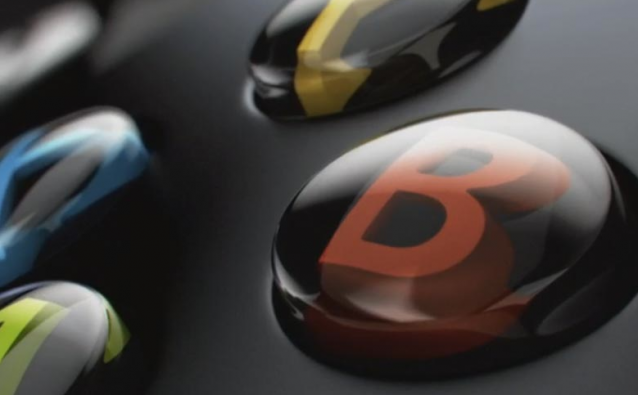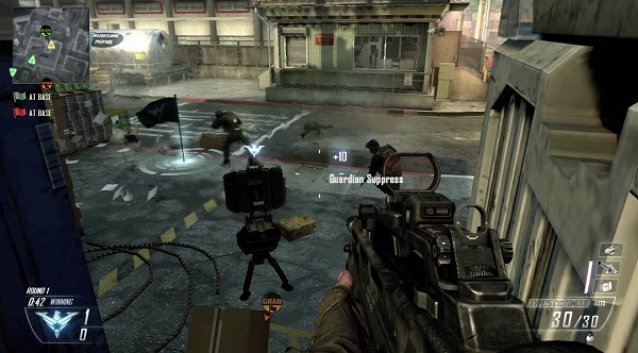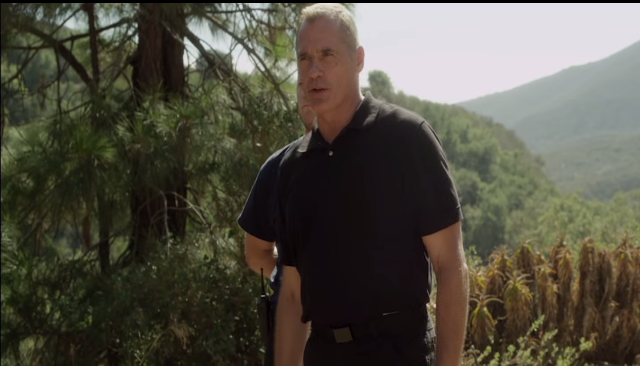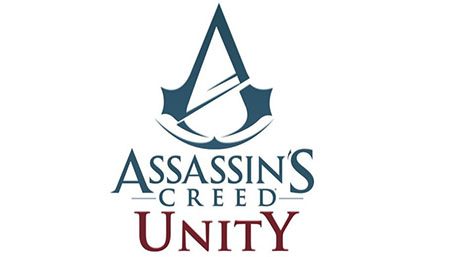


In what shouldn’t be surprising news to anyone, the upcoming Xbox One will indeed be region locked. Quoth the Microsoft spokesperson: “Similar to the movie and music industry, games must meet country-specific regulatory guidelines before they are cleared for sale, [...] We will continue to work with our partners to follow these guidelines with Xbox One.”
So far so good. Looking at this quote at face value, that doesn’t necessarily refer to region locking. Currently that is just the way most Xbox 360 game releases work, as well. Country specific regulations saw Microsoft not releasing any of the Gears of War games in Germany, for German authorities would have the game banned from open sale, which is something Microsoft wanted to avoid having vowed to not sell any unrated games, or titles banned from sale in the region.
Just as well, there are region specific versions of other games to dodge the ban hammer in either Germany or Australia—games that replace blood with green goo, or rather just remove it all together, remove ragdoll effects from dead bodies, remove drug and alcohol references, and so forth. Those country specific regulatory guidelines are already in place and most of the time are adhered to. Plus, at least in theory, the current Xbox is also region locked. It’s just that most publishers decide not to region lock their games.
Region locking has a long history in games. Back in the day of CRT televisions, region locking was a problem because PAL and NTSC television sets were not usually compatible with one another. So plugging an American Playstation to a European TV could prove disastrous. There were also region locks to hinder imports, just as with DVDs. The Playstation 2 had to get a little modchip soldered onto the mainboard in order to make it play nice with imported titles. The GameCube had a legally grey boot disc called “Freeloader” that was needed for playing imports.

With the current generation of consoles things got easier with Sony, simply because there has been exactly one game in the six years of its existence that has been region locked—Persona 4 Arena. This neatly illustrates my point. Games on Playstation 3 can be region locked, but usually are not. The same is true for the Xbox 360, and here this feature is implemented a lot more broadly. Circumventing this measure is an almost impossible task that requires opening up the console, applying some advanced computer engineering to it, ripping and burning games to remove the region code and other such things—not very trivial tasks. While the Wii’s region unlocking is done just as easily as before, all that is needed is the — still legally grey — Freeloader disc.
What about the future though? With the Xbox One being a fully digital console in disguise, and the above cited statement, I think we should prepare for a tightly region locked console. All of the things we have seen and heard about the Xbox One so far point to Microsoft gearing up for total content control. Personally, I would not be surprised to see them ban imports all together, making even imports from neighboring countries impossible. Buy a game in the UK, even though it’s part of the EU to play on a French Xbox One? No can do, the license you bought is only valid for the UK, please don’t try to circumvent Microsoft France’s pricing. I remember our local German equivalent to Larry “Major Nelson” Hryb lamenting far and wide about the pesky users importing games and thereby damaging the local branch of Microsoft. While that guy is now long gone, that mindset seems to persist at Microsoft. It is their console, their platform, and they want to decide what we, the consumer, gets to play. Where, when, and to what pricing conditions.
Let’s look at the Xbox One as a digital platform. If we take Steam as an analogy, things start looking pretty grim. Imports are impossible in Steam, unless you buy a Steamworks enabled game abroad—or have some friend from another part of the world gift a game to you. I can easily see how Microsoft would not allow installs on your console if the country codes don’t match, especially in the European theater. Here, local versions of the games cost some extra cash to make, due to language differences, and especially if you’re living in Germany, the content might have to be altered for the game to be sold.
So if you start importing games from outside of your designated consumption area, you are effectively acting as a parasite on the local market for the platform holder, wanting to have the cake and eat it, get a game without supporting the local market. With the Xbox One, Microsoft will have the power to subdue that kind of behavior once and for all.

Just take a look at the sometimes vast differences in pricing across the world. Call of Duty: Black Ops 2 sells for $99 in New Zealand on Steam, which currently translates to about $80 in the US. Now, this is on PC, and it’s still possible to get the same game from a retailer somewhere as a physical copy for much cheaper. On German Steam, both Black Ops 1 and 2 sell for 59€. Which also translates to roughly $80 in the US. Also note that the German versions are both censored, low violence versions with only German voice-overs. Now, it is possible for us to import games from other countries, thereby undercutting the asking price of the publisher, which isn’t something publishers are happy about. Having a system in place that checks the billing address, IP address and the locale where the console was purchased with the region code of a game, and just denies access to any mismatch, that certainly would be the publisher’s dream.
I admit, this is all just speculation at this point. But we have to see that these systems are fully in place, at least with the Xbox One, which at this point has been confirmed to be needing an internet connection, especially for activating games. And while some of this here is speculation borne of mistrust for Microsoft (and, let’s be realistic, pretty much any big publisher and platform holder), a lot of this comes down to the control those companies already have over the market, and their time and again proven tendency to crack down hard on any given loopholes.
How much of this speculation on my part is true will be seen. Since Microsoft’s higher ups at this point outdo each other in saying as little as possible while not appearing silent, this situation will still take some time to clear up, the very latest at the time the Xbox One is released onto the world. I have to admit though, as much as I like doomsaying speculation, as any doomsayer will tell you, deep down I hope I’m wrong.




 Interview With James. C. Burns Of Call Of Duty: Black Ops
Interview With James. C. Burns Of Call Of Duty: Black Ops Skyrims Falmer: Snow Prince and the Beast
Skyrims Falmer: Snow Prince and the Beast Fallout 4: Find a Full Set of the Enclaves X-01 Power Armor
Fallout 4: Find a Full Set of the Enclaves X-01 Power Armor Assassin's Creed Syndicate Guide On How And Where To Find Large Chests
Assassin's Creed Syndicate Guide On How And Where To Find Large Chests How to Fix Assassin's Creed Unity PC Launch issue, Blue screen issue, Uplay Crash, DLL Error issue and more
How to Fix Assassin's Creed Unity PC Launch issue, Blue screen issue, Uplay Crash, DLL Error issue and more